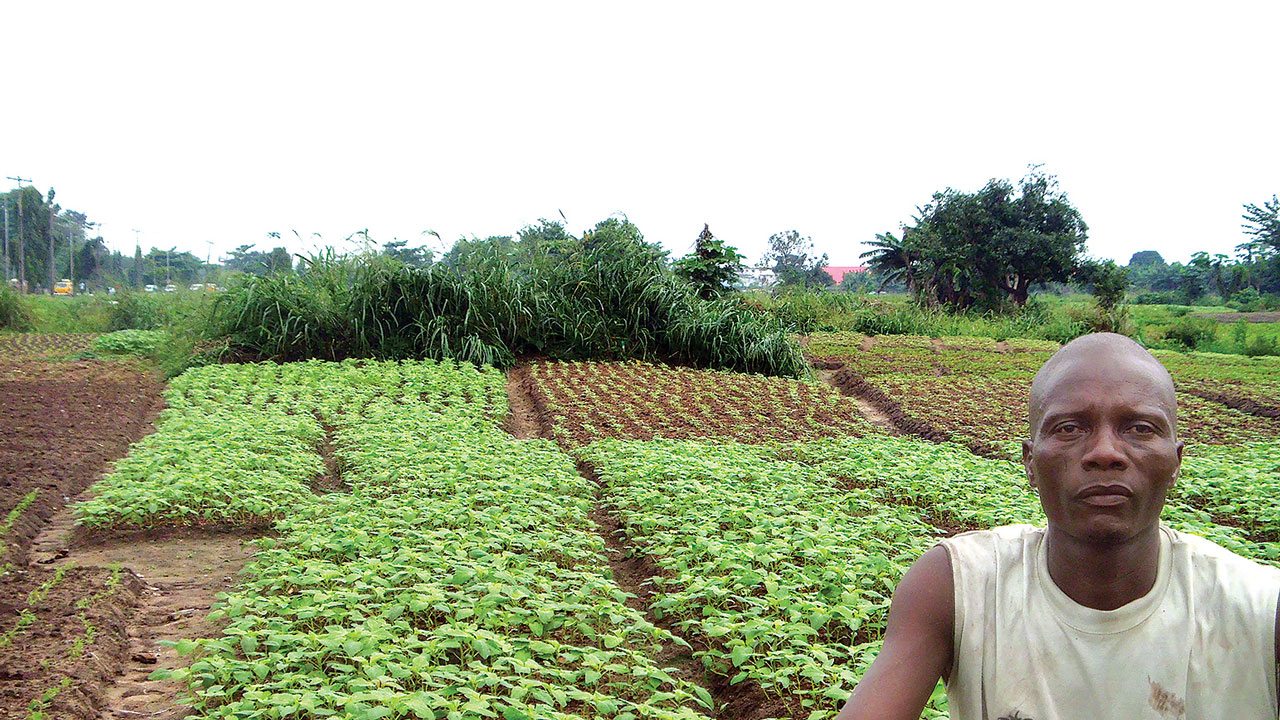Chief Executive Officer of ColdHubs, Nnaemeka Ikegwuonu, spoke with Head, Agro-Economy, FEMI IBIROGBA, in this interview. 
How does food spoilage affect availability and security
Food spoilage, which is the loss of food meant for human consumption due to inefficiency along the food supply chains, reduces the net availability of food for human consumption. Lack of food, because of spoilage, intensifies poverty, hunger, and malnutrition.

The International Food Policy Research Institute (IFPRI) estimates that a 10 per cent reduction in global food loss could result in an 11 per cent decrease in hunger and a four-per-cent decrease in child malnutrition worldwide. In Nigeria, a 35-per-cent reduction in post-harvest tomato loss alone would create a supply of vitamin A for up to 1.1 million children per day.
In Nigeria, food spoilage affects an estimated 93 million smallholder farmers and supply chain actors, who lose 50 per cent of their annual harvest and 25 per cent of their income.
Therefore, reducing post-harvest loss is critical to improving the livelihoods, nutrition and resiliency of communities.
What impact has your innovation brought to vegetable farmers in Nigeria?
ColdHubs designs install, commissions operates and maintains 100 per cent solar-powered walk-in cold rooms called “ColdHubs” at key points along the food supply chain (farm clusters, produce aggregation centres and outdoor food markets), providing smallholders, retailers, and wholesalers affordable cold storage access where they needed it most to address the problem of food spoilage due to lack of cold storage.
In the farms, ColdHubs provides vegetable farmers with an opportunity to quickly store their fresh vegetables once it has been harvested, removing the field heat or ambient temperature which the food imbibes in the outdoor cultivation environment and maintaining the fresh quality of the vegetables until they are taken off to the market.
In the market, ColdHubs provides the wholesaler and the retailer an opportunity to maintain the freshness and quality of the vegetable once it has been delivered for sale while avoiding display in harsh direct sunlight. It also provides an opportunity for the storage of evening leftover vegetables that vendors were unable to sell. The cold storage maintains the quality of these vegetables against spoilage.
In how many cities or towns are you operating currently?
ColdHubs is currently operating in 22 states of Nigeria, in 38 outdoor food markets, farm clusters and aggregation centres.
For how long can tomatoes, leafy vegetables and others be stored in the device?
Tomatoes, leafy vegetables and other soft-shell fruits and vegetables can be stored in the ColdHubs for a maximum of 21 to 30 days. To attain this duration of storage, the right harvesting skills and time must be practiced by the farmer.
Hardshell fruits and vegetables can stay in the ColdHubs for well over 90 days.
Can fish and meat vendors use the cold chain as well?
Yes, fish and meat vendors can use the ColdHubs. These categories of food storage need a sub-zero temperature cold storage facility. The ColdHubs for such purpose comes very well and are specially designed for blast freezing purposes. We do not encourage the cross-storage of animal-sourced food (meat, milk, fish etc) with fresh fruits and vegetables due to health standards to forestall cross-contamination.
How will the Virtual Cold Chain Assistant app developed by Empa and BASE help link farmers and traders to cold chain?
The Virtual Cold Chain Assistant will enable farmers and traders to locate a ColdHubs nearest to them, bring their produce for storage and monitor its storage temperature inside the cold storage.






